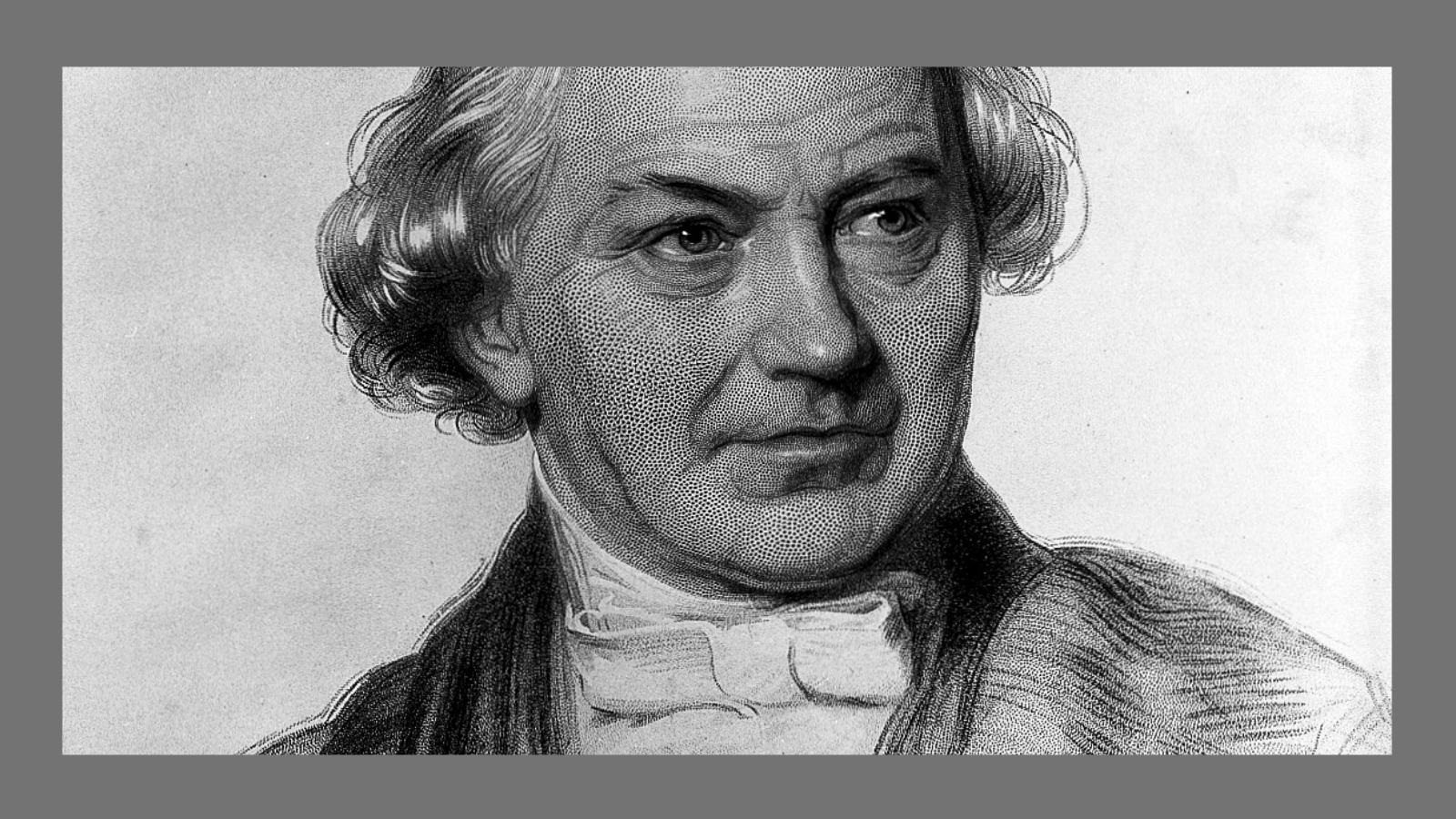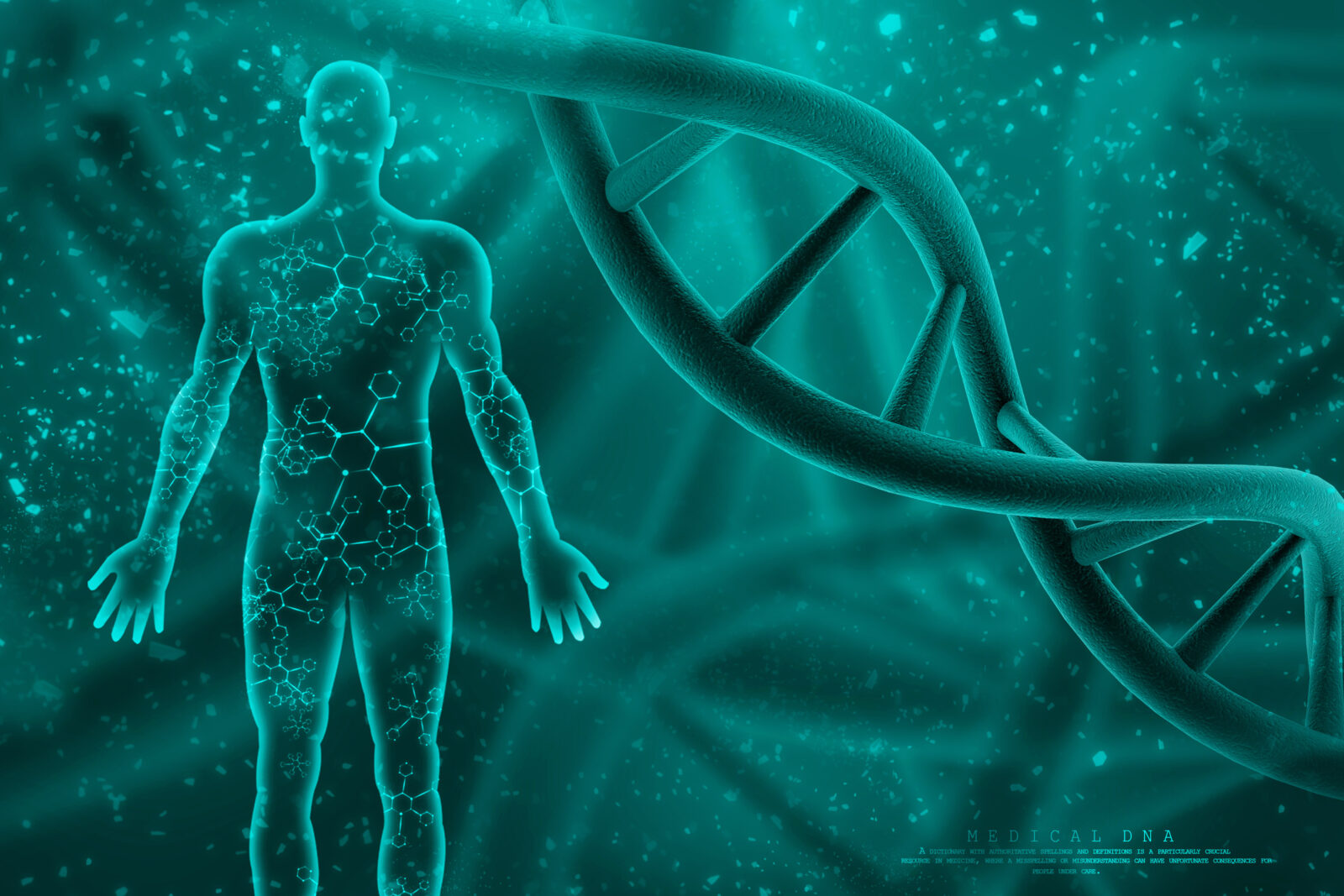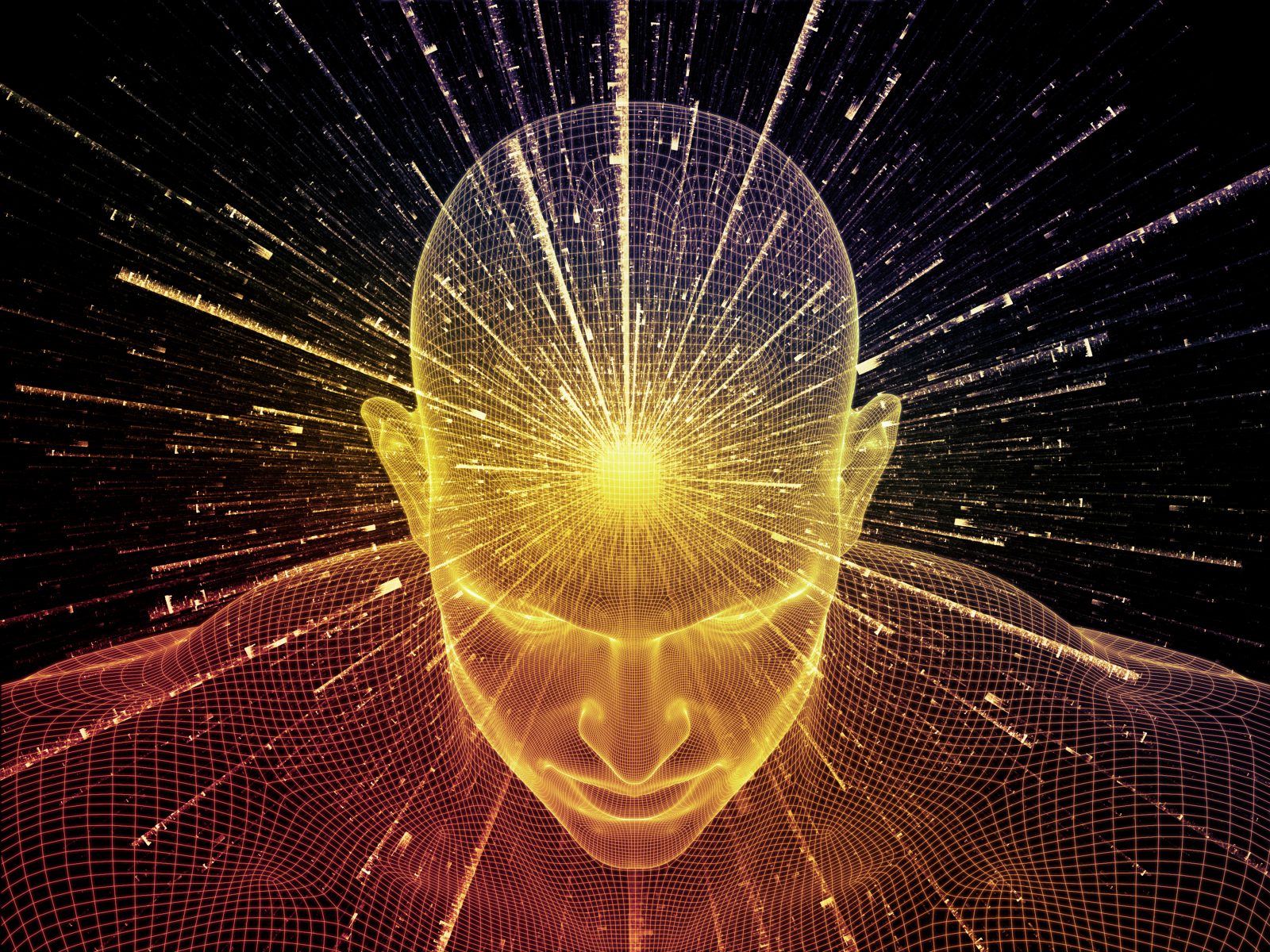


When Natural and Super-Natural Explanations Work Hand in Hand

Berlinski: Men Are Not About to Become Like Gods

Physics to God: Rational Arguments for Design in the Universe

Design or Chance? Casey Luskin on The Andrew Klavan Show

A Guide to Understanding Contemporary Models of Human Origins

How Faith Can Improve Rigor and Creativity in Scientific Research

Into the Mystic with a Neurosurgeon and a Neurotheologian
Today’s ID the Future continues the conversation between neurosurgeon Michael Egnor and neurotheologian Andrew Newberg. In this second and concluding part of their discussion, they further explore what experiments using brain scans reveal about how the brain is affected by meditation and mystical experiences, including near-death experiences. Also, what parts of the brain light up, and what parts go dormant, when someone is “speaking in tongues,” and how does someone who has this experience describe it, and does that description mesh with or clash with what turns up on the brain scans? Tune in to hear Newberg’s answer to this and other issues related to the mind-brain problem and the mystical. This interview is posted here by permission of Mind Matters and the Walter Bradley Center for Natural and Artificial Intelligence.

The Mind/Brain Problem and the Power of Meditative Prayer
It’s hard to know where the brain ends and the mind begins. How can studying our brains give us insight into our minds? On this ID the Future, neuroscientist Andrew Newberg and neurosurgeon Michael Egnor sit down for a chat about all things brain related including neurotheology, methods of studying the brain, and research on how various forms of religious and non-religious meditation actually change the wiring of the brain, including in particular a study Newberg did on Franciscan nuns and what they refer to as “centering prayer.” This interview is borrowed, with permission, from Mind Matters, a podcast of the Walter Bradley Center for Natural and Artificial Intelligence.

John West on Darwin’s Culturally Corrosive Idea, Pt. 2
On this episode of ID the Future, hear the second half of Discovery Institute’s John West’s talk given at the 2020 Dallas Conference on Science and Faith, on how Darwinism has corroded Western culture. In this portion he examines the morally poisoning effects of Darwinism on marriage, sexual ethics, and religion, such that virtually anything can be defended as OK, and no particular culture’s ethic is to be preferred over another. Humankind’s spiritual purpose has likewise been eroded. Yet West closes with hope: science in our generation is discovering more and more signs of intelligent design and purpose in nature, and young researchers are learning that materialism shouldn’t be the foregone conclusion of contemporary science.